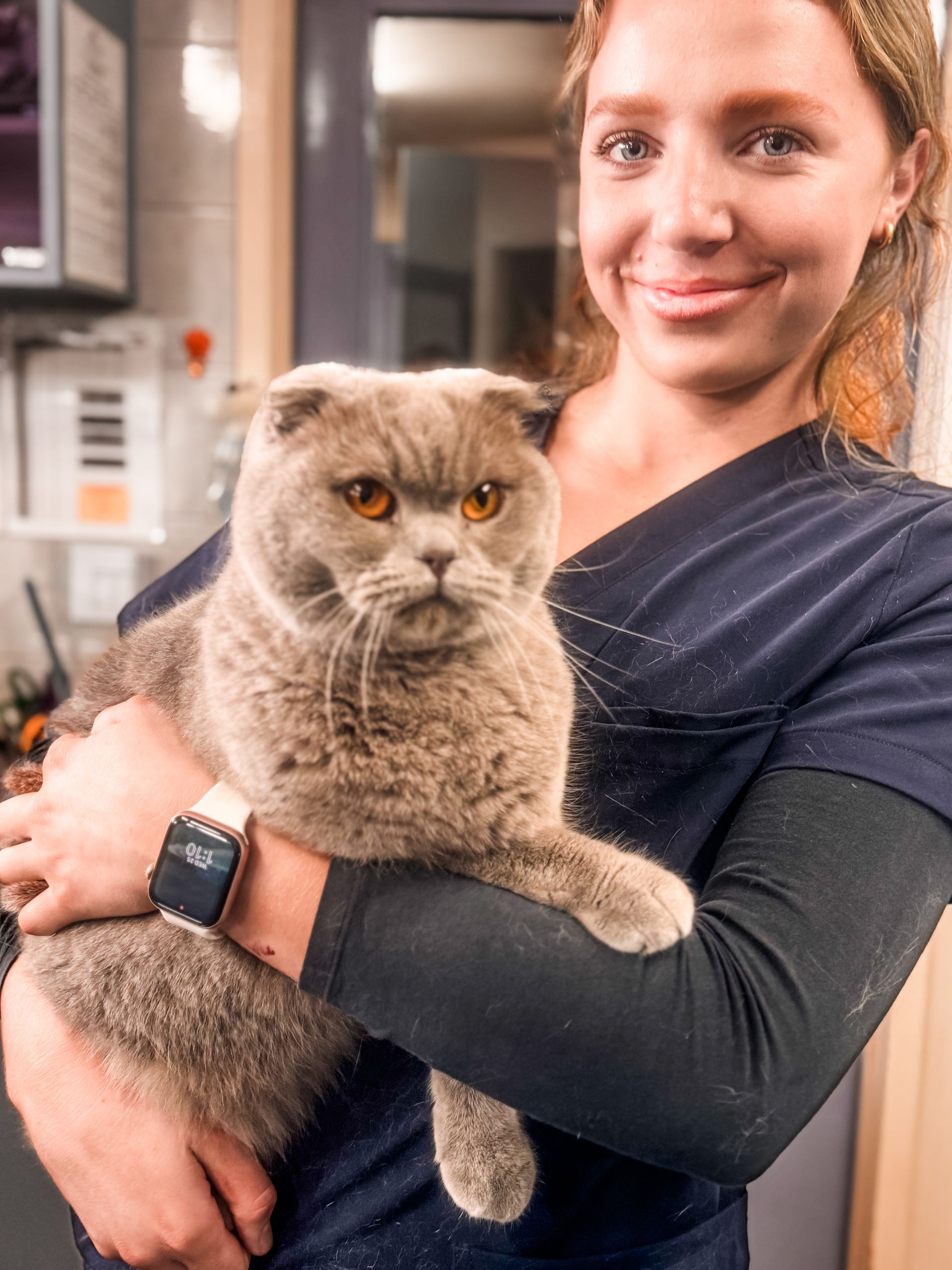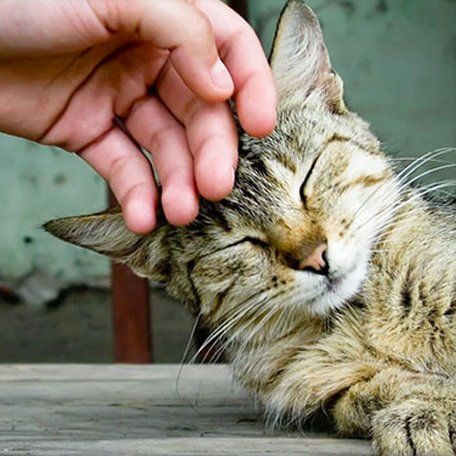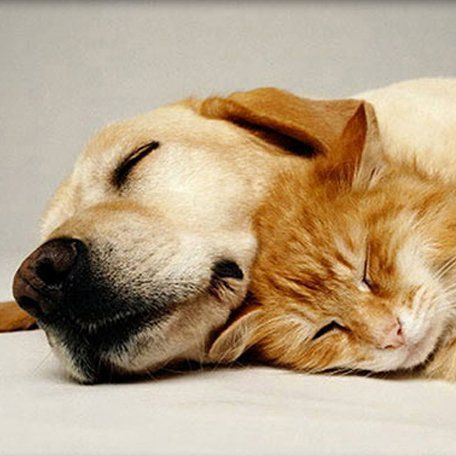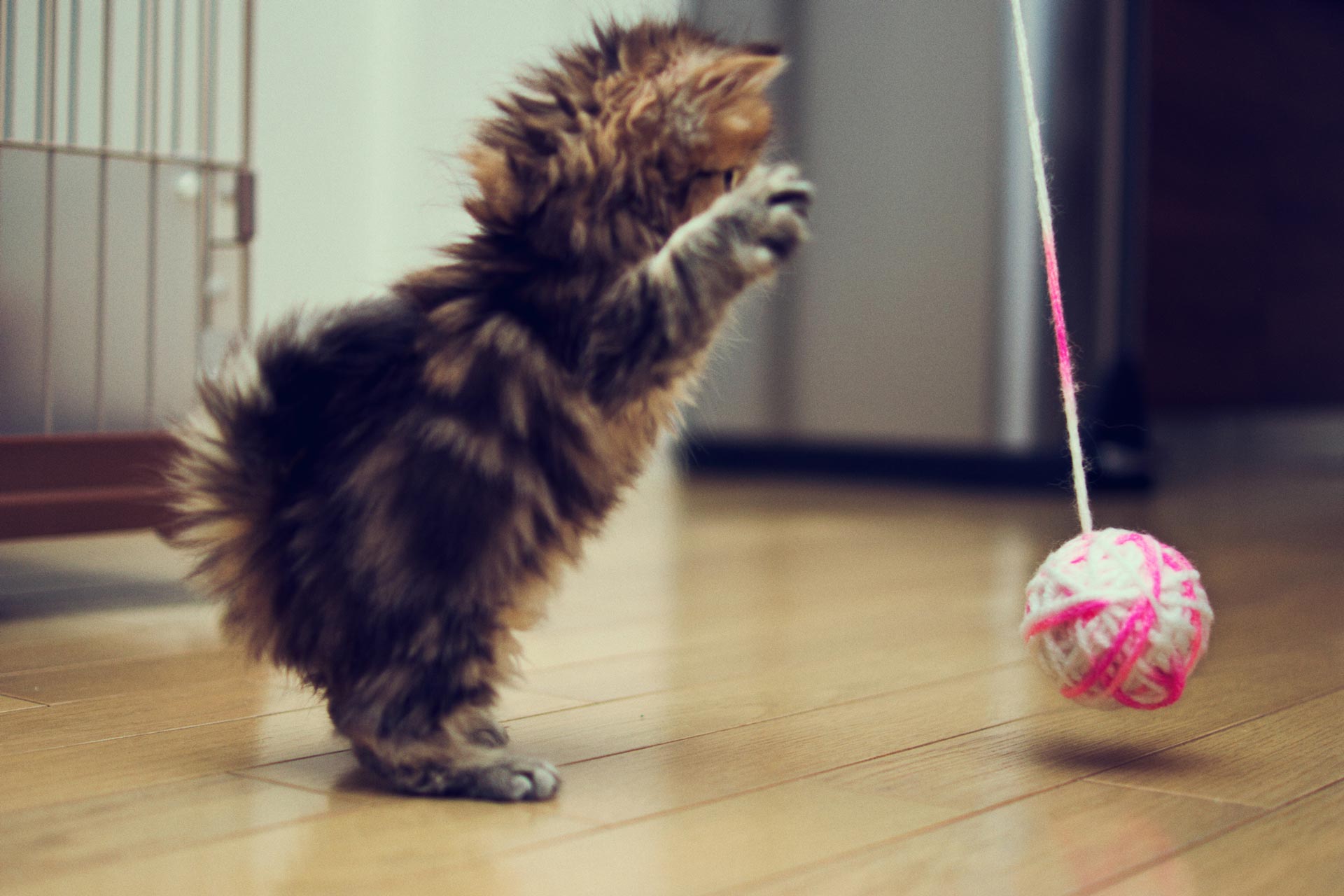Spring into Action: Protecting Your Pets from Seasonal Allergies
As the flowers bloom and the sun shines brighter, spring brings a burst of energy and beauty. Unfortunately, it also brings seasonal allergens that can affect not just humans, but our beloved pets too. Understanding how allergies manifest in pets and learning how to prevent them can make this season enjoyable for everyone.
Common Signs of Seasonal Allergies in Pets
Pets can’t tell us they’re feeling itchy or uncomfortable, so it’s important to watch for symptoms like:
- Excessive scratching, licking, or biting of fur and skin.
- Red or inflamed skin, particularly around the face, paws, or ears.
- Watery or irritated eyes.
- Sneezing or nasal discharge.
- Hair loss or hot spots due to persistent scratching. If you notice these signs, it’s time to take action to help your pet feel better.
Understanding the Triggers
Seasonal allergies in pets are often caused by environmental factors such as:
- Pollen: Trees, grasses, and flowers release pollen that can irritate your pet’s skin and respiratory system.
- Mold Spores: Damp areas in your home or garden can harbor mold spores, which may trigger allergic reactions.
- Dust Mites: Increased humidity during spring can exacerbate dust mite issues, affecting your pet’s comfort.
How to Protect Your Pets
Here are some practical steps to minimize allergy risks:
1. Keep Indoor Spaces Clean:
- Vacuum frequently to remove pollen and dust from carpets and furniture.
- Wash your pet’s bedding weekly to prevent allergen build-up.
- Use air purifiers to filter out allergens from the air.
2. Limit Outdoor Exposure:
- Avoid walks during peak pollen times, typically early morning and late afternoon.
- Rinse your pet’s paws and fur after outdoor play to wash away allergens.
- Opt for paved paths over grassy areas to reduce exposure to pollen.
3. Maintain Skin and Coat Health:
- Bathe your pet with hypoallergenic or medicated shampoos to soothe their skin and remove allergens.
- Brush regularly to prevent pollen and debris from accumulating in their coat.
- Consider supplements like omega-3 fatty acids to improve skin health.
When to Seek Veterinary Care
If your pet’s allergies persist or worsen despite home care, it’s time to visit your veterinarian. They may recommend:
- Antihistamines or corticosteroids to alleviate symptoms.
- Allergy testing to identify specific triggers.
- Immunotherapy or specialized treatment plans for severe allergies.
Enjoying Spring Together
With a little preparation and care, spring doesn’t have to be a season of discomfort for your pet. By staying proactive and attentive to their needs, you can ensure they stay healthy, happy, and ready for all the fun this season has to offer.











